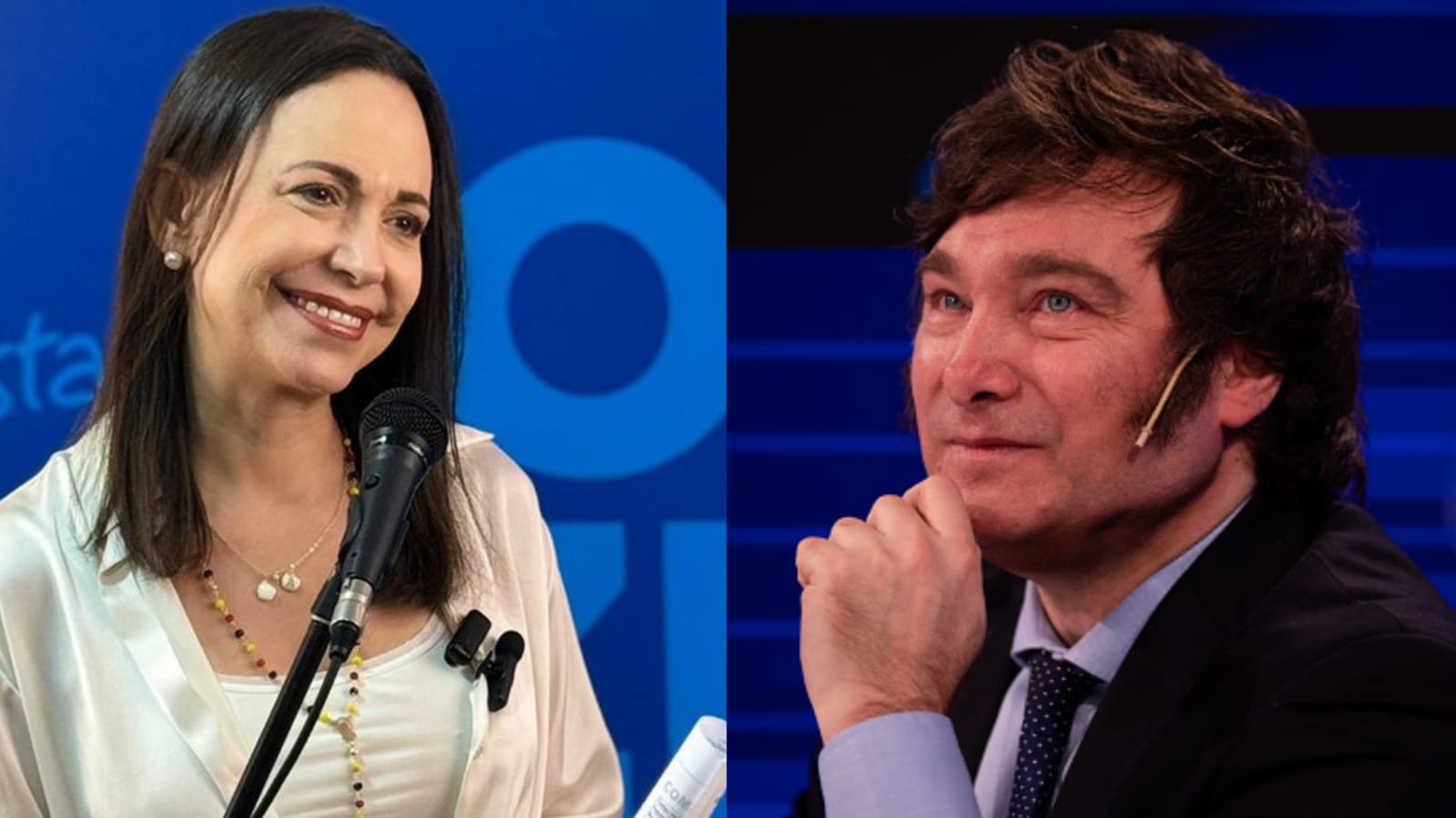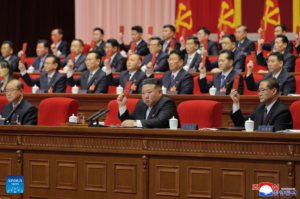
Published 29/07/2024 12:38 | Edited 29/07/2024 12:57
In the heart of Palermo, an upscale neighborhood in the Argentine capital, Buenos Aires, thousands of people surrounded the Venezuelan embassy on Sunday (28) amid the presidential elections in the country that gave victory to President Nicolás Maduro. The demonstration was called by state ministers of the far-right government of Javier Milei (Liberty Advance), while hundreds of Venezuelan citizens living in the country were still voting.
“We are in front of the Venezuelan embassy awaiting the election results along with hundreds of people,” said the Minister of Security of the Casa Rosada, Patrícia Bullrich.
It was not the first time that the far right in the region had threatened to breach an embassy in Latin America. In April, Ecuadorian police led by President Daniel Noboa, one of Nayib Bukele’s candidates from the southern hemisphere, stormed the Mexican embassy in Quito to arrest Rafael Correa’s former vice president, André Arauz, a political opponent of the current president.
In light of the violent and authoritarian history of the Latin American right, the Venezuelan ambassador in Buenos Aires denounced the siege of the country’s embassy in Buenos Aires. “I vehemently denounce the irresponsible interventionist actions and the siege of our embassy in Buenos Aires,” she wrote on social media.
“Patricia Bullrich violates international conventions and incites hatred and violence. I hold her responsible for any aggression against our embassy, our diplomatic and local staff, and the poll workers who are still at the embassy. Today we had a beautiful election day and you intend to darken it,” he added.
President Milei himself, on the social network X, the former Twitter, when declaring the Venezuelan opposition as the winner of the election, a lie that had spread at a certain point on Sunday, said that “Argentina will not recognize another fraud and hopes that this time the Armed Forces will defend democracy and the will of the people.”
On Sunday night, one of the main campaigners for Javier Milei’s victory, former president Mauricio Macri, also incited the Bolivarian army to launch a coup on his social media.
“Now the Venezuelan Armed Forces have the opportunity to stand on the right side of history and ensure that the will of the people is respected. We call on the international community, and especially the countries of the region, to ensure their commitment to democracy, so as not to allow this dictatorship to perpetuate itself over time,” wrote Bullrich’s fellow party member.
In Chile, far-right leader José Antonio Kast Rist, in a quixotic tone (with all due respect to the nobleman from La Mancha) stated on his social media that Venezuela “remains hijacked by narco-communism” and that “the time has come for Latin America to react and demand freedom for Venezuela.” In 1988, Kast himself campaigned for the continuation of Pinochet’s dictatorship in the national plebiscite that decided to end the regime.
The series of demonstrations and behaviors of the Latin American extreme right reveal the attempt of this political sector to capitalize on support to advance its agenda of destruction of the State and subservience to the imperialist interests of the United States through the discourse that Venezuela is a narco-communist dictatorship.
The signal for the beginning of the chaos was given by the main leader of Venezuelan fascism, María Corina Machado. By not accepting the election results, Corina called on the opposition to remain “in the voting centers until the votes are counted and the records are obtained.” “We will make the truth prevail and we will respect Popular Sovereignty,” she shouted in a speech.
Corina has unified the opposition within Venezuela. But more than that: since 2020, she has brought together the global far right to threaten the Caribbean country’s electoral process. That year, the Venezuelan and Vox, the party that inherited Franco’s rule in Spain, organized the Madrid Forum.
Among the signatories of the Madrid Charter, the following stand out: Brazilians Eduardo Bolsonaro and Bia Kicis, Chilean José Kast, Cuban Zoé Valdés, Italian Girogia Meloni, Argentine Javier Milei and Portuguese André Ventura.
Source: vermelho.org.br

